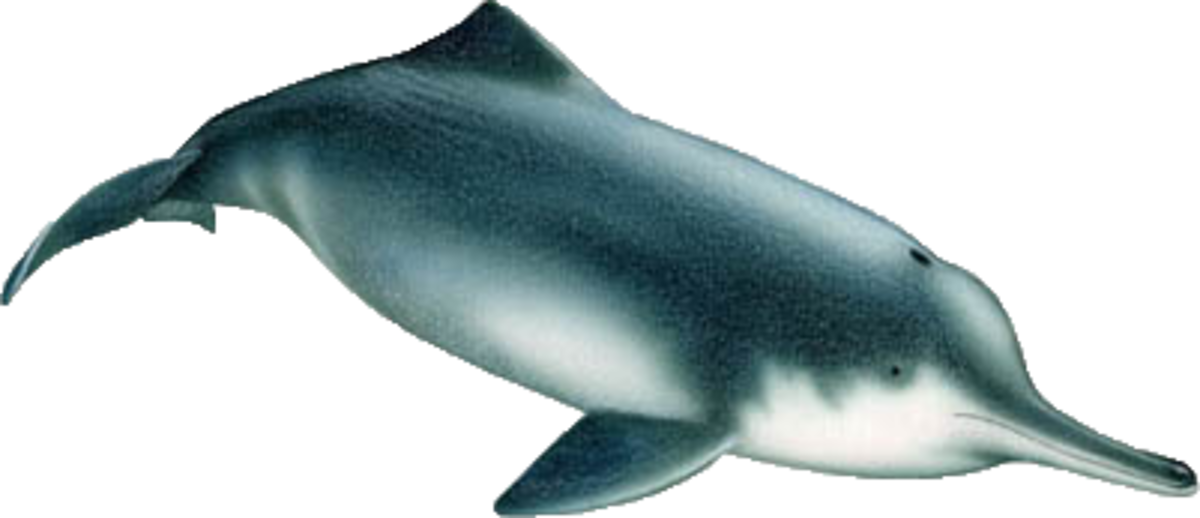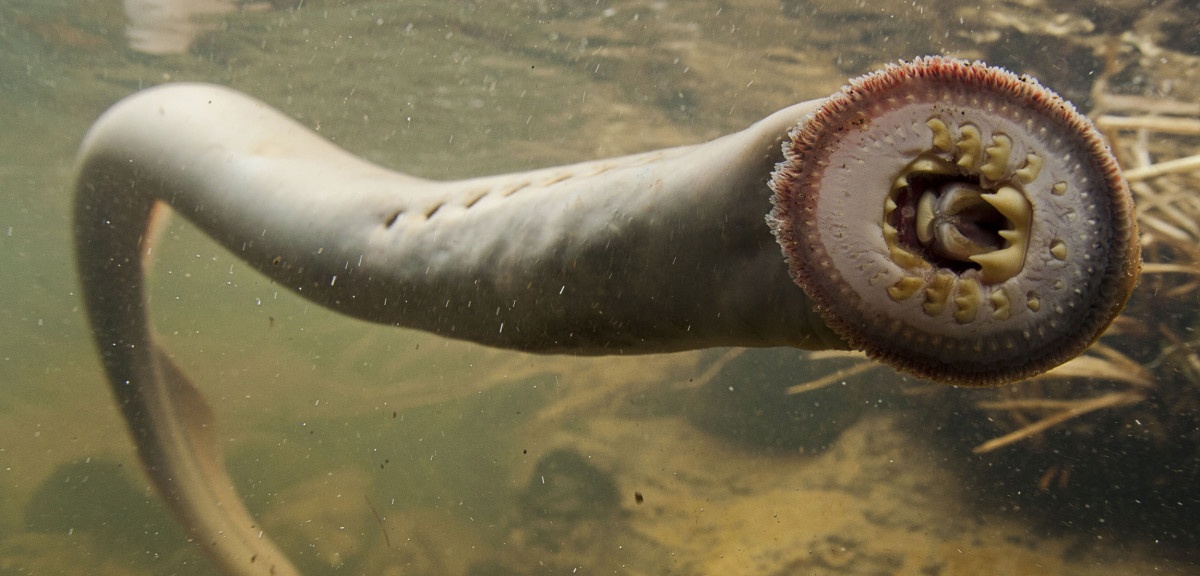Discovering New Species: A 42-day journey

Copyright Kris Klueg Heeter, Ph.D.
In 2011, more than a dozen scientists from the California Academy of Sciences journeyed to the Luzon Island in the Philippines to survey the biodiversity of the island.
During their 42-day journey, researchers discovered as many as 500 new species. The species survey focused on the shallow waters, the deep sea surrounding the island, and the mountain habitats.

140 Newly Found Species Confirmed
The analysis of the new species found on and around the island of Luzon continues. It will take years to complete.
Of the estimated 300-500 new species, 140 have been formally identified and confirmed to be never before discovered species.
The 140 newly described species include:
- 72 arthropods (includes insects)
- 31 sea slugs
- 13 fishes
- 11 plants
- 9 sponges
- 3 coral
- 1 reptile
The full list of species formally identified by the California Academy of Sciences in 2011 at Luzon Island as well as other locations throughout the world can be found by contacting the Academy.
As scientists continue to working towards identifying the remaining species, the number of "new" species will most likely exceed 140.
The Discovery Of New Species
Each year, thousands of new species are being discovered. As specimens are collected, it can take months and even years to study phenotypic and genetic traits to confirm a new species.
In most cases, the “new” species have been around for centuries. Often they exist in habitats never before accessed or surveyed.
Prior to the advancement of DNA sequencing and phylogenetic analyses, the determination of a new species was largely based on phenotypic comparisons. Now, genome sequencing is quick and easy and is used alongside phenotypic analyses. Comparing the genome of a potential “new” specimen with the sequences of related organisms helps scientists to determine whether it is a new find or not.

The Species Hunter
Who hunts down and discovers new species?
The identification of new organisms can be made by both scientists and amateurs alike.
While there are several universities and institutes devoted to understanding and identifying new biodiversity. Two notable institutes (and my favorites) include:
The California Academy of Sciences is one of the largest museums of natural history in the world. It is devoted to scientific education and research and describes their mission as being at “the forefront of efforts to understand and protect the diversity of Earth’s living things”.
Arizona State University’s International Institute for Species Exploration whose mission is to: “inspire, encourage and enable the advancement of taxonomy and exploration of earth’s species”.
Each year, the International Institute for Species Exploration surveys the international literature for evidence of newly identified species and compiles a report. It typically takes three years to thoroughly scour the literature and complete a yearly report.
The Future of Species Discovery
It is estimated that millions of species still remain unknown or unidentifiable. Much of this has been due to inaccessibility. Technological advances both in oceanographic exploration and DNA sequencing has allowed some progress.
Between 2000 and 2009, there were 176,311 new species discovered.
The statistics for 2010 and 2011 have not yet been completed.
The number of new species discovered in 2009 alone was 19,233. Over 50% of these were insects. Less than 1% were mammals.
Many of the species that remain unknown are likely to be found in the deep seas, rain forests, and other habitats that have previously been difficult to access.
It will be exciting to see what still lurks out there in the vast unknown corners of the earth!



